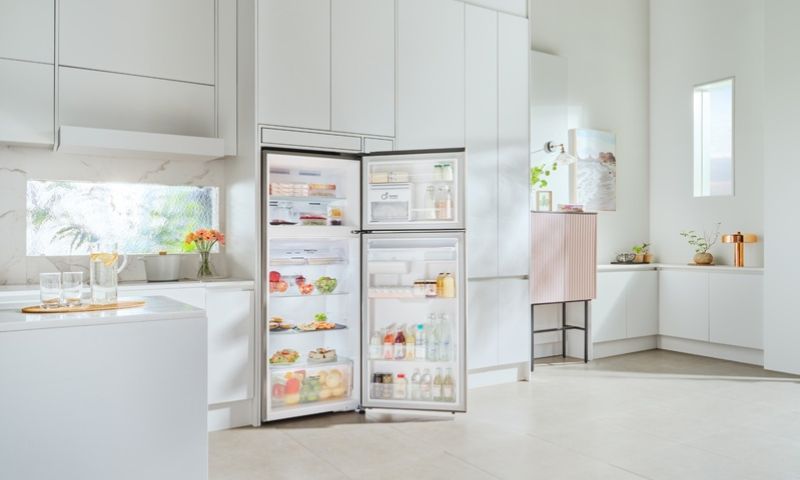
ARTICLE – ABREE
Environmental education: A fundamental aspect of recycling electronics and home appliances

Brazilian Association for Electronics and Appliances Recycling (ABREE)*
Environmental education is essential in managing waste from electronics and home appliances. Brazil, as the largest generator of this type of waste in South America, accumulated 2.4 million tons in 2022, according to a report by the United Nations (UN). Considering this, promoting sustainable guidance is crucial for making collaborative progress, ensuring that everyone has accurate information and adopts appropriate practices.
It is important for society to understand the concept of the product life cycle, from manufacturing to final disposal. Environmental education can empower the population to make more conscious choices, encouraging recycling and proper disposal through reverse logistics programs. This is critical to avoid environmental and human health risks, as many of these products contain toxic components that can contaminate soil and water when improperly discarded.
When discussing environmental education, we are addressing not only adults, who use electronics and home appliances more extensively, but also children and young people, who can act as bridges to raise awareness among families across the country. With this in mind, we recently launched ABREE pra educação (ABREE for Education), which aims to raise awareness among children and adolescents about the importance of recycling these materials. The initiative offers an interactive platform with educational content.
Investing in environmental education protects the environment and fosters a culture of shared responsibility between companies, government, and society. In other words, everyone benefits!
Source: Eletrolar News Ed. 163





